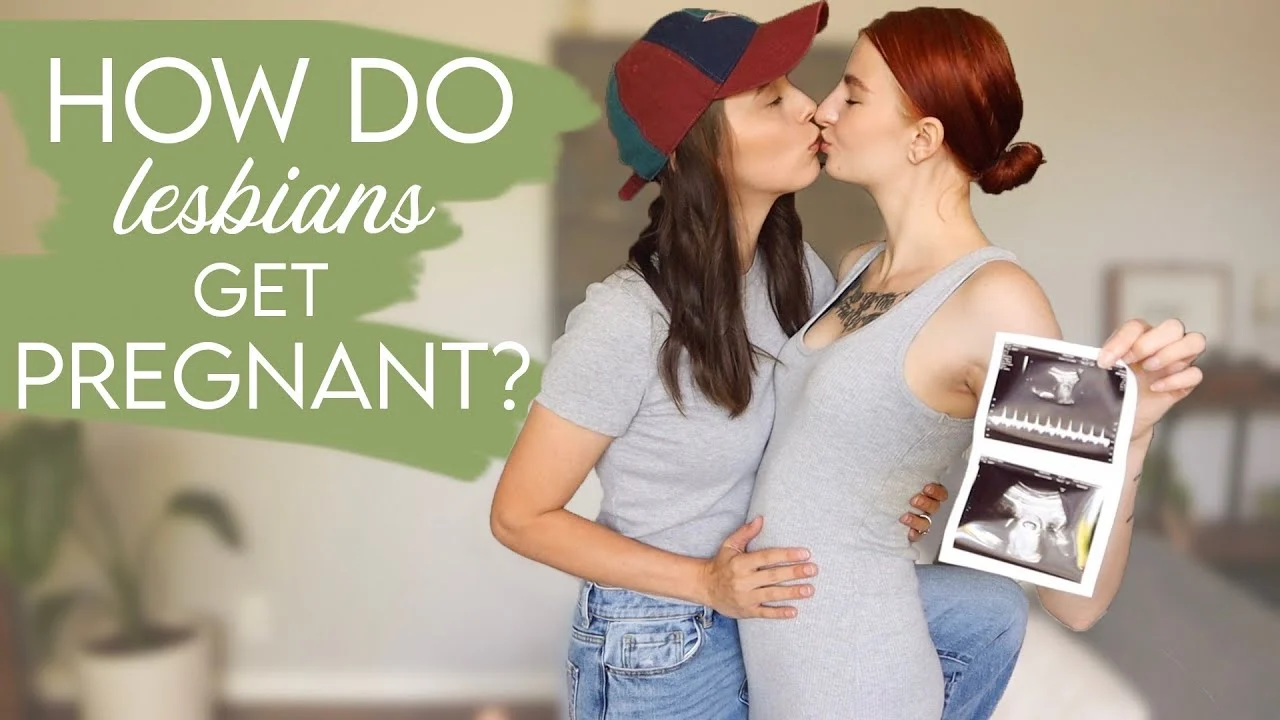My mother was once my greatest teacher. She had me reading before I turned four and writing before five. I remember sitting on the cool, green linoleum of our retro kitchen while she quizzed me on spelling words, her voice breaking the silence of our home.
We painted, played dress-up, and sometimes even put on little plays together. I idolized her and tried to emulate her every move. I cherish these memories; they’re my comfort on long nights, my flicker of hope for better tomorrows. But they can also feel like daggers, reminding me of the vibrant woman she used to be—the woman who has since faded into someone unrecognizable.
You might wonder how such a delightful childhood could lead to such a tragic reality. The truth is, it wasn’t one catastrophic event; it was a slow unraveling, a series of unfortunate circumstances that began to chip away at our bond. The most significant turning point came shortly after I turned twelve, when my father passed away unexpectedly.
I don’t hold it against my mother for changing. She lost her partner and the father of her children, an unimaginable blow that left her grappling with profound sadness. Unfortunately, instead of seeking help, she withdrew into herself. She stopped talking, eating, and even getting out of bed, and soon our home became a cluttered mess. Dust settled thickly over every surface, and our once-vibrant kitchen became a place of neglect.
As she struggled to keep a job, my brother and I were left to fend for ourselves. I found myself doing laundry, cooking meals, and caring for our household while attending school. I was a child carrying adult responsibilities long before I even attended my first school dance. My mother’s grief consumed her, leaving me to take care of everything at home.
By the time I turned thirteen, I was spiraling. At school, I faced ridicule for not being allowed to socialize, and my clothes didn’t fit right due to our financial struggles. I walked the halls feeling isolated and alone, retreating to my room each night to cry myself to sleep.
After my fourteenth birthday, I reached a breaking point. I wanted a mother, a family—something I felt slipping further away. I tried to confront her, but our interactions only led to more shouting and resentment. My anger turned inward, and I began to self-harm as a desperate attempt to feel something—anything—other than the emotional pain that was consuming me.
Just after my seventeenth birthday, I attempted to take my own life. It failed, but it marked a turning point. I enrolled in college and moved away, never looking back.
Now, as a mother to a spirited little girl, I watch my own mother struggle to engage with her. While she’s involved to some extent, her visits are sparse, and she has never once offered to babysit. It hurts to see my daughter miss out on the bond I once had with my mother. I feel the sting when my mother declines invitations to family gatherings or expresses her sadness during phone calls with my daughter. It forces me to reflect on my own childhood and the weight of feeling responsible for her happiness.
Despite knowing she’s battling depression and possibly other mental health issues, I can’t fix her. It doesn’t make her actions any easier to bear, nor does it lighten my emotional burden. But I still cling to hope—that one day she’ll seek help, rediscover joy, and be the grandmother my daughter deserves.
For more insights into the complexities of family relationships and coping mechanisms, take a look at this excellent resource on the IVF process. And if you’re looking for guidance on home insemination, check out this authority on the subject.
In the end, I hold onto the hope that one day, my daughter will see a glimpse of the vibrant woman my mother once was, the mother I still miss deeply.
